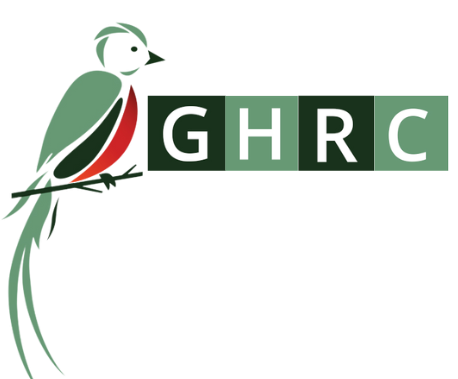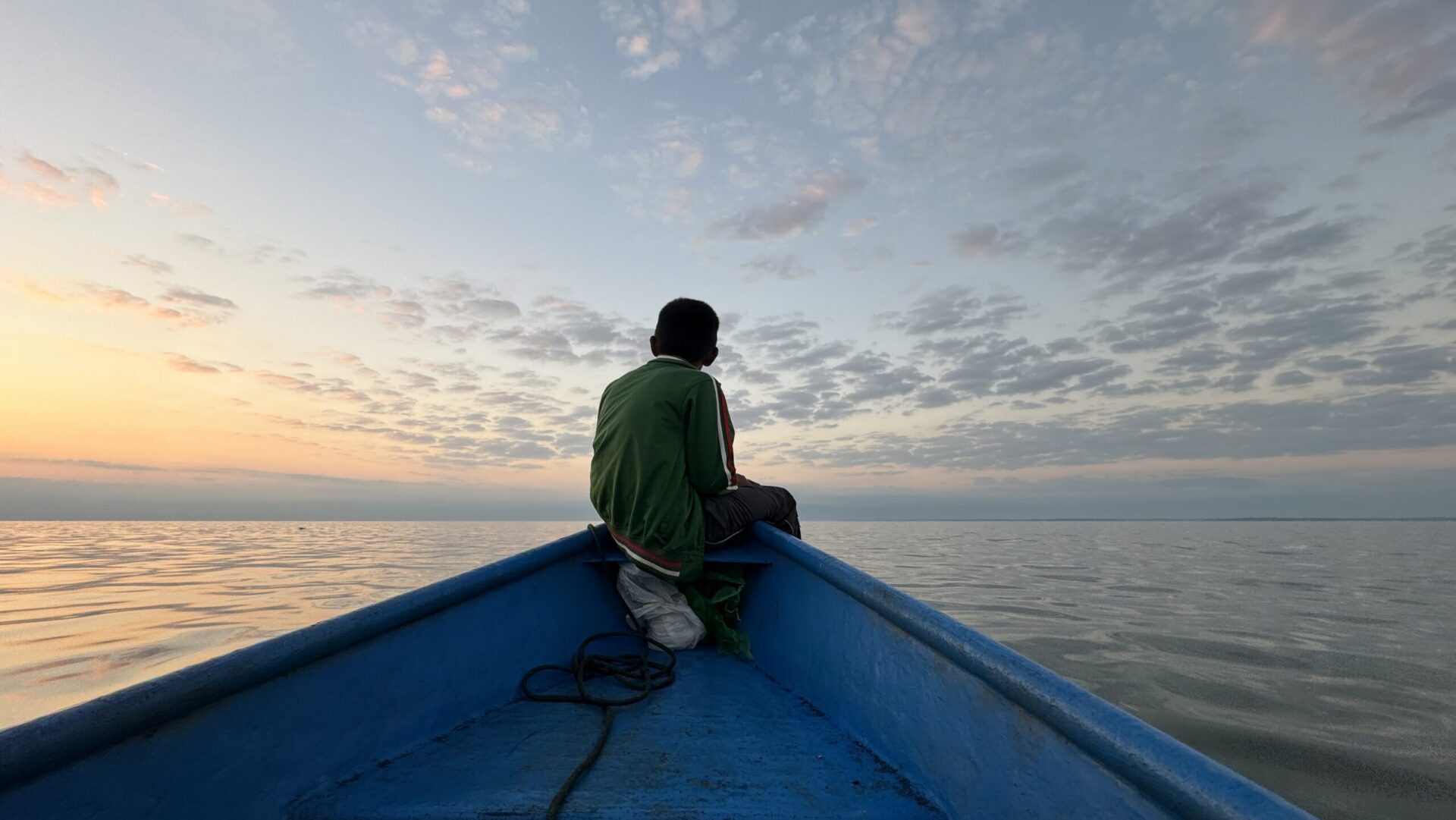These Brave, Visionary, and Determined Women Inspire Us Every Day
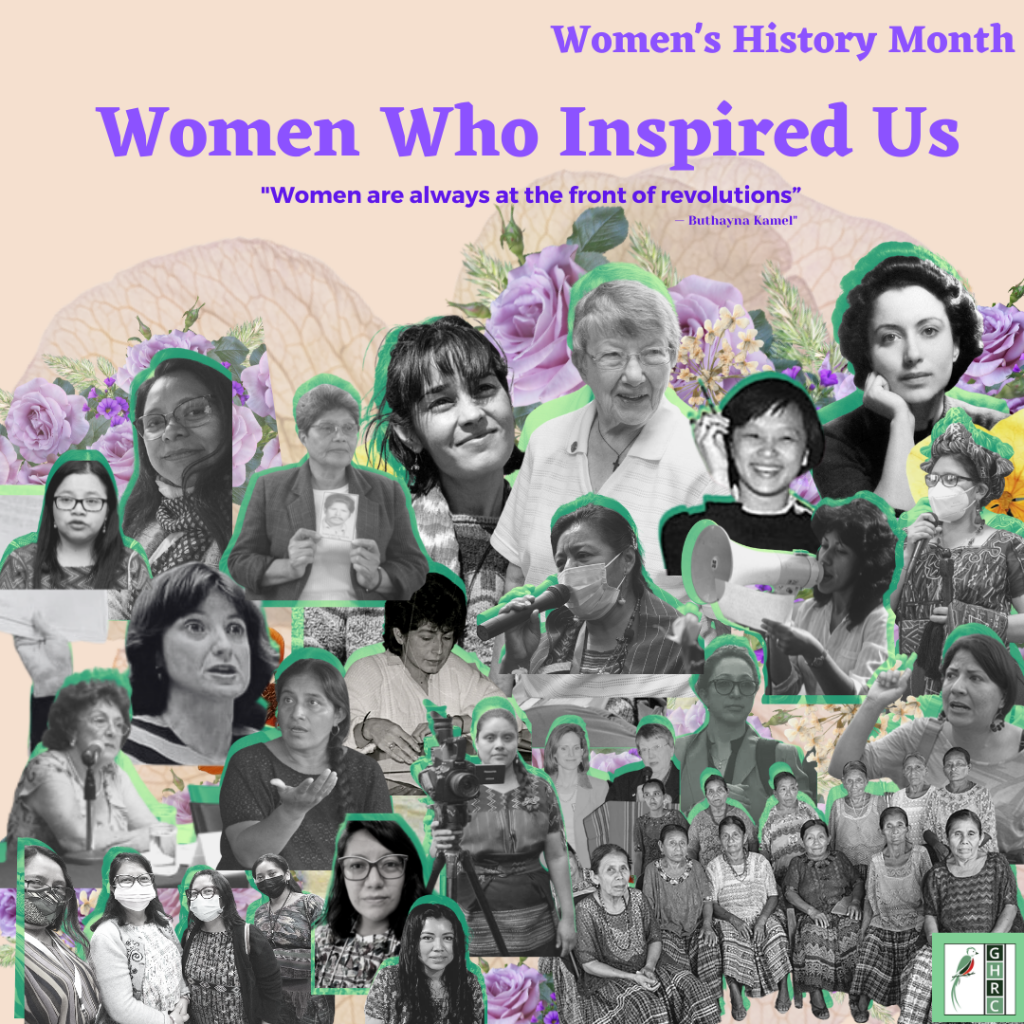
International Women’s Day, celebrated on March 8th, is dedicated to the fight for equality, participation, and empowerment of women in all areas of society. We take this opportunity to acknowledge the injustices, discrimination, femicide, and lack of opportunities women face worldwide, particularly in Guatemala. Today, we express our solidarity with the individuals who have fought and continue to fight for justice.
Women have served as protagonists of some of the most important social transformations worldwide. Unfortunately, in many cases, women’s roles as leaders in movements have been made invisible and erased from history. Today, as we acknowledge the women who broke the barrier of silence, we celebrate the courage and contribution of all women.
Today, we look back at GHRC’s history to honor and celebrate the legacies of the women who have inspired us through the years with their courage, determination, and passion. These women led the charge for change, and they and many others, too numerous to name, continue to inspire us, each in their own way, to work for a more just, equitable, and peaceful Guatemala.
Jassmin Barrios
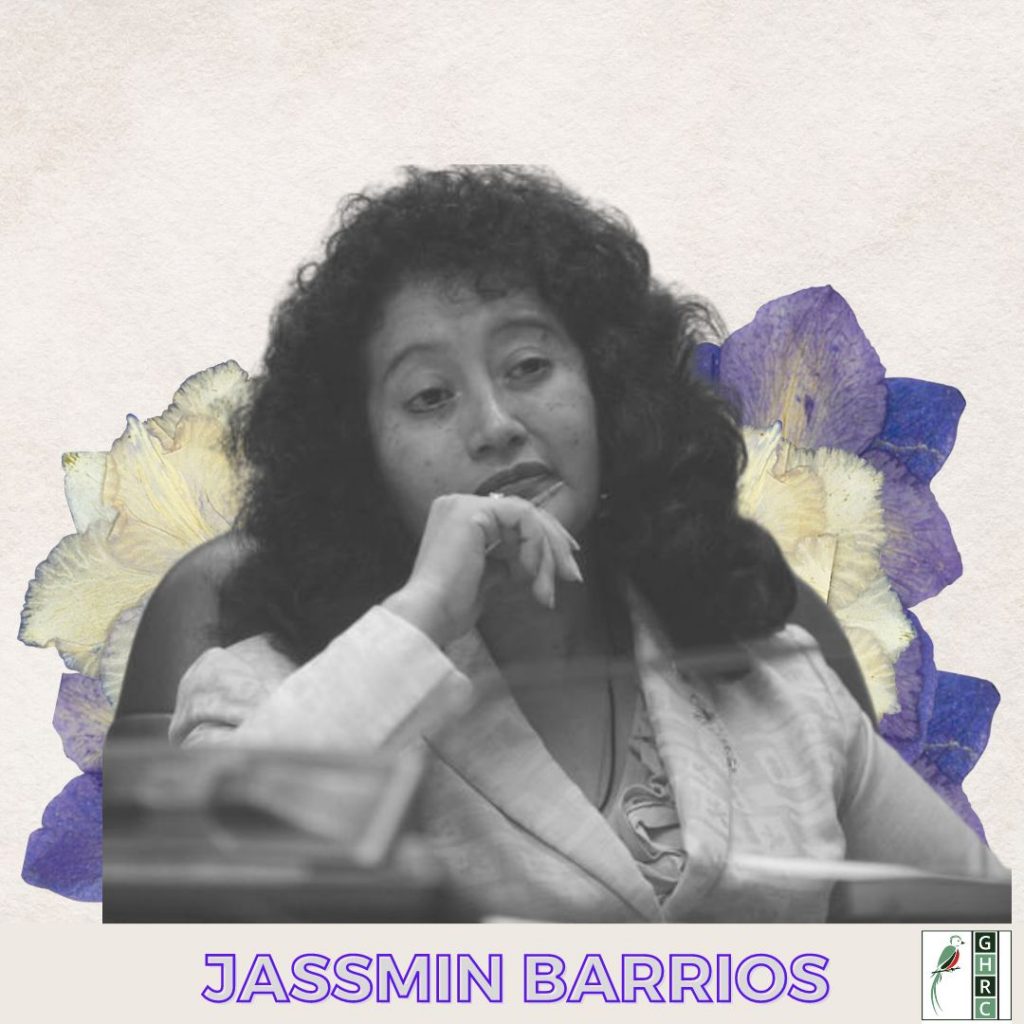
Jassmin Barrios is a judge and the president of one of Guatemala’s two High-Risk Court Tribunals. As a judge, she has overseen many emblematic cases against soldiers accused of human rights violations in Guatemala and has a history of ruling in favor of survivors and victims. For example, she served as the presiding judge in the case of Efraín Ríos Montt, a former dictator of Guatemala. In that trial, Montt was found guilty of genocide against the Indigenous Ixil Mayan people. The trial was the first time a national judiciary tried a former head of state for genocide in his home country. Unfortunately, the verdict was overturned months later on a technicality. She also ruled on the Mujeres Achi case in January 2022. In 2014, Judge Barrios was awarded the International Women of Courage award by the Department of State of the United States of America; in 2013, she was awarded the Human Rights Award by the General Council of Spanish Lawyers.
Aura Elena Farfan
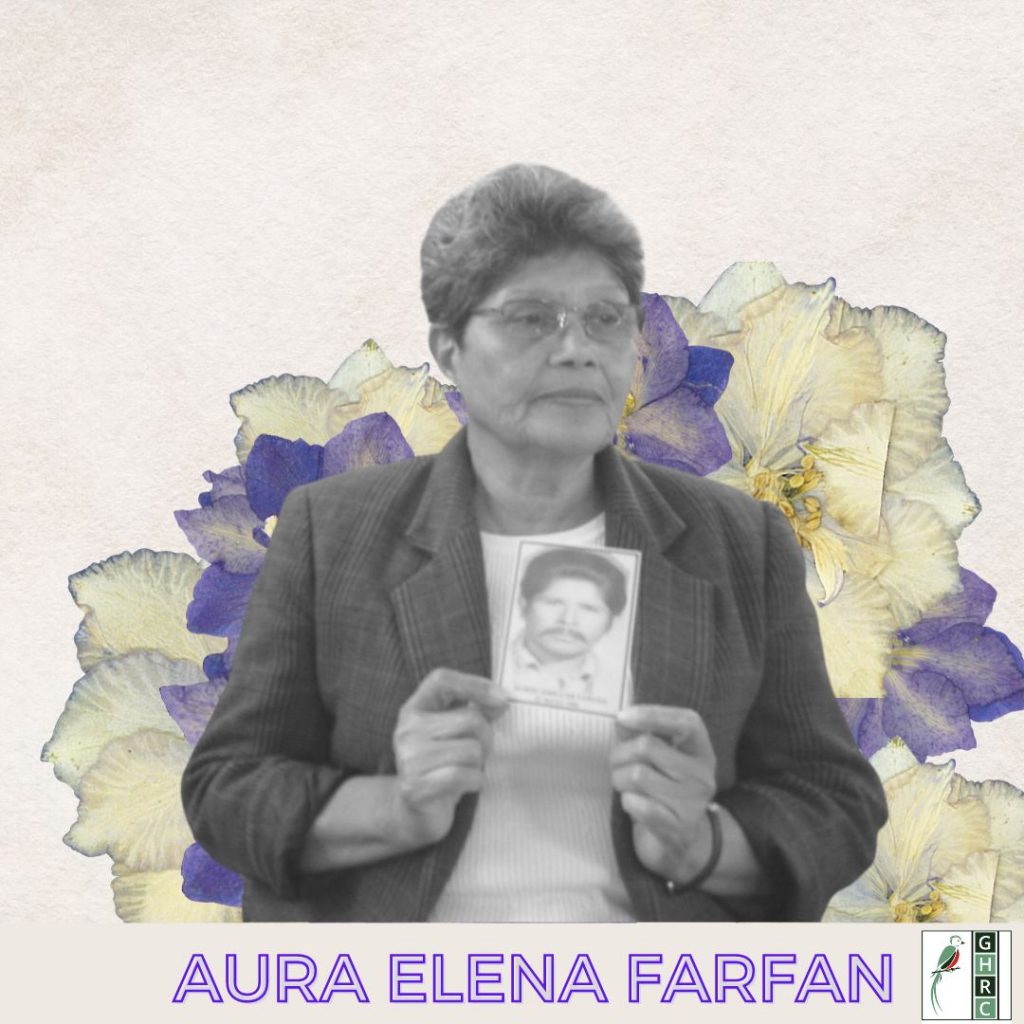
Aura Elena Farfan became one of the founders of the Mutual Support Group (GAM) in 1984, after intelligence agents of the Guatemalan state abducted her brother, Ruben Amilcar Farfan. Eventually, she went on to found and serve as the executive director of the Association of Family Members of the Detained and Disappeared (FAMDEGUA) Aura Elena has worked tirelessly as a human rights defender in Guatemala for nearly four decades. In 2015, Time Magazine recognized her as one of the world’s 100 most influential people. In 2016, she was nominated to receive the 2016 Nobel Peace Prize for her brave struggle for justice for those whose fundamental human rights were violated as a result of the repression during the internal armed conflict in Guatemala.
Myrna Mack Chang and Helen Mack Chang

Myrna Mack Chang was a Guatemalan anthropologist who researched human rights violations of internally displaced populations during Guatemala’s armed conflict. As a result of her outspoken criticism of the government, she was stabbed to death as she left her office in Guatemala City on September 11, 1990. In 1991 her sister Helen Mack pursued prosecution in Guatemala of those responsible for the assassination, including multiple US School of the Americas graduates. Army special Noel de Jesus Beteta Alvarez was convicted as the material author of the murder and sentenced to 25 years in prison. In pursuit of the intellectual authors, Helen Mack took the case to the Inter-American Commission on Human Rights in Washington, DC, and later to the Inter-American Court in Costa Rica, which in 2003 found the Guatemalan State responsible for Myrna Mack’s murder and for violations of right to judicial protections and the right to a fair trial. In 2002, Colonel Juan Valencia Osorio, who served in the elite Presidential High Command army unit, was convicted for his role in ordering the murder. The decision was overturned in an appeals court in 2003 but upheld by Guatemala’s Supreme Court. The retired colonel, however, is a fugitive from justice, and efforts to hold other planners of the murder to account have not succeeded. Nonetheless, this case was the first of its kind in Guatemala and paved the way for similar human rights cases.
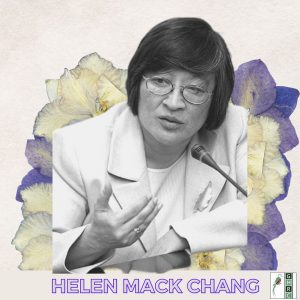
Helen Mack went beyond the prosecution of her sister’s killers and, in 1993, founded the Myrna Mack Foundation to “drive the fight against impunity, the formation of the rule of law in Guatemala, and the consolidation of peace and democracy.” Mack has continued to fight against impunity and human rights violations in Guatemala. In 2010 she won the Judith Lee Stronach Human Rights Award from the Center for Justice and Accountability.
María del Rosario Godoy de Cuevas
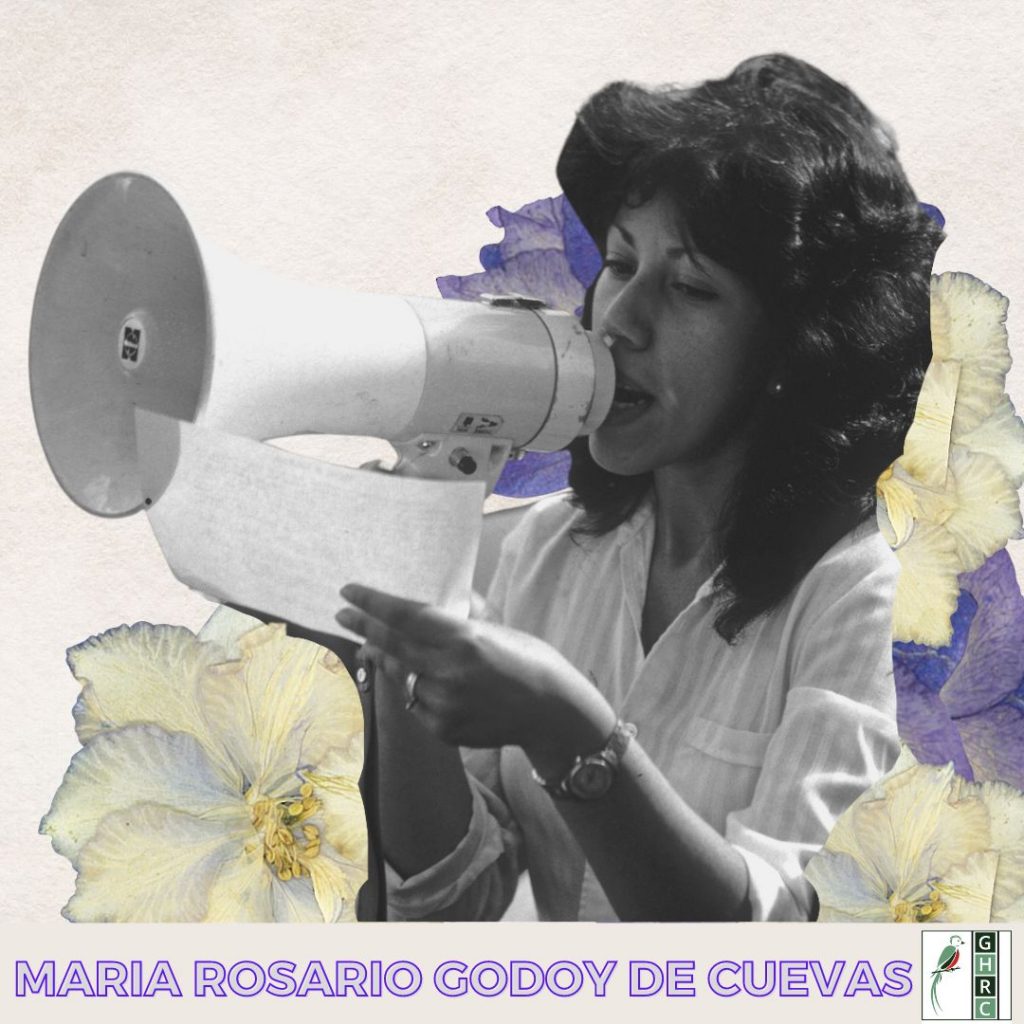
Following her husband’s forced disappearance, Maria del Rosario Godoy de Cuevas became active in creating the Mutual Support Group (GAM). In 1984 Rosario led a delegation that met with President General Óscar Mejía Víctores; the delegation put significant pressure on the executive to create a commission to find missing individuals and return them to their families. However, the commission found nothing, and eventually, General Mejia turned on the families of the GAM by demonizing them and characterizing them as puppets of subversive forces.
Rosario became the vice-president of GAM. After the abduction, torture, and murder of GAM spokesperson Hector Orlando Gomez, she gave a speech in which she expressed the pain that overwhelmed them at the death of her colleague. She repudiated the crime and held the Guatemalan government responsible. A passage from this speech was broadcast on TV. A week later, she was murdered, along with her brother and two-year-old son. While the Guatemalan government suggested they had died in a traffic accident, all the bodies showed signs of torture.
Jennifer Harbury
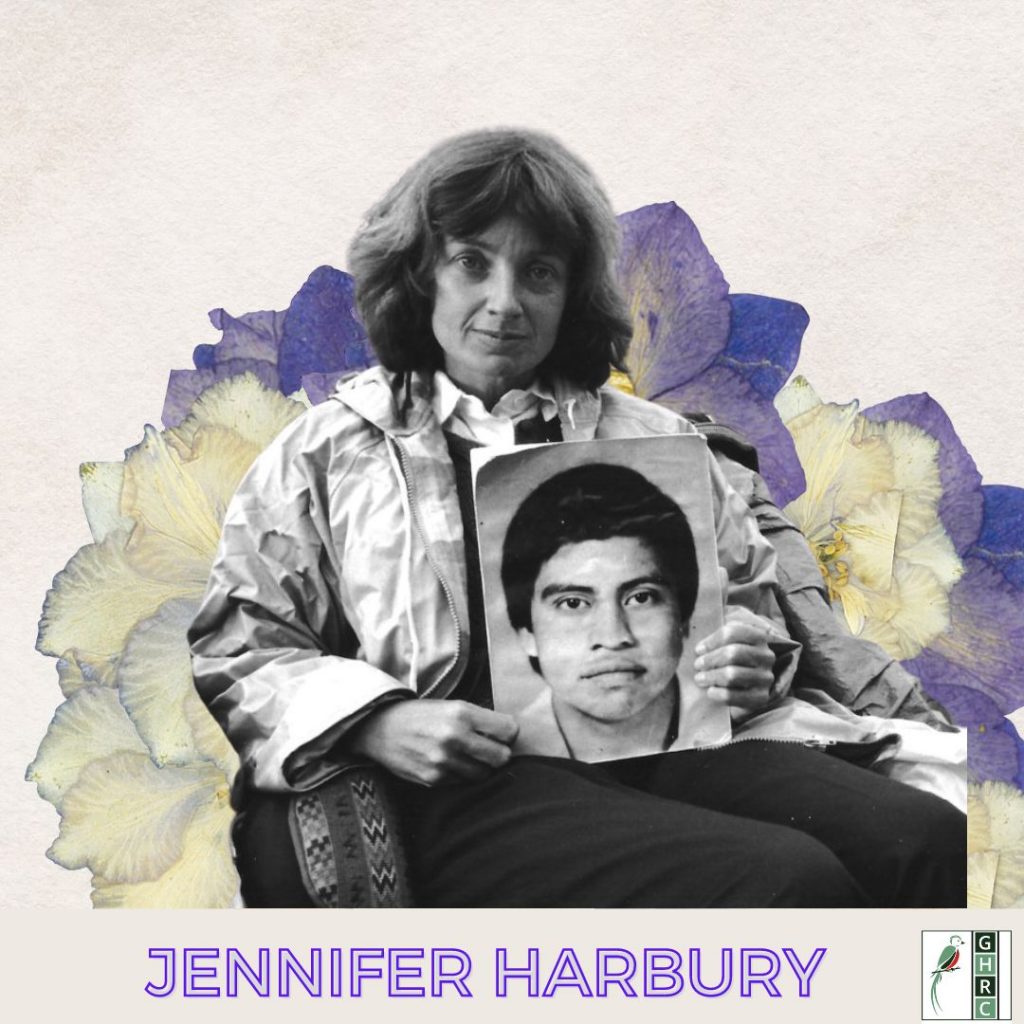
Jennifer Harbury is an attorney and human rights advocate who has documented, exposed, and spoken publicly about human rights abuses, including those supported by the United States. In the 1980s, she lived in Guatemala, working with Indigenous communities. While writing a book in the mountains of Guatemala detailing the insurgency’s struggles, she met and then married Efraín Bámaca Velásquez, a commandant of the Guatemalan National Revolutionary Unity (URNG). The URNG, an umbrella organization that incorporated four armed insurgencies that had formed at various times, starting in the 1960s, to combat the undemocratic rule that began with the toppling of Jacobo Arbenz in 1954, fought against the Guatemalan government’s systematic policies of repression. In 1992, members of the Guatemalan army captured, secretly detained, and tortured Bámaca, holding him for at least a year-and-a-half before executing him. Jennifer’s efforts to save his life, including three hunger strikes, resulted in startling official disclosures in 1995 about the CIA’s use of known torturers as paid informants. Reports of his capture and of the intention to keep him secretly detained to “maximum his intelligence value” were sent to the White House Situation Room within days of his forced disappearance. Reports of what he was telling his captors followed. Jennifer has pressed for justice for her husband through a successful international trial at the Inter-American Court on Human Rights, though procedures in the Guatemalan courts have stagnated. Harbury is a recipient of the Letelier-Moffitt Human Rights Award (1995) and the Cavallo Award for Moral Courage (1997).
She is the author of Bridge of Courage; Searching for Everardo; and Truth, Torture, and the American Way.
Sister Alice Zachmann, SSND

Sister Alice founded the Guatemala Human Rights Commission/USA (GHRC) in 1982. She served as director for 20 years, fearlessly opposing US support for the Guatemalan government and its genocidal arny, fighting for the release of disappeared persons, supporting survivors of torture and other war crimes, and pressing for justice. Alice faced intimidation, including threatening phone calls and an office break-in, in Washington, DC, as she led the work for justice in cases such as the torture of Sr. Dianna Ortiz and the forced disappearance and torture of guerrilla commandant Efrain Bamaca Velasquez. In 2002, Sister Alice retired as executive director, joining Sister Dianna Ortiz at the Torture Abolition and Survivors Support Coalition International (TASSC), where for the next ten years, she assisted survivors of torture from various countries in overcoming the trauma they endured, supported advocacy efforts to end the use of torture, and helped survivors find housing and legal support for their asylum cases. Sister Alice continues her work against torture, war, and human rights violations from retirement in Mankato, Minnesota.
María del Carmen Camey Rodríguez
María del Carmen Camey Rodríguez began her human rights activism in 1956 as part of the Guatemalan student movement. She led a peaceful march to protest the disappearance of two members of the newspaper El Estudiante. In 1962, she founded the Dolores Bedoya de Molina Women’s Association to defend the rights of working campesino and professional women. She led students in protest against forced disappearances, and, facing increasing danger to her own safety, in 1980 fled into exile.
In 1981, with some foreigners and other Guatemalans in exile, she founded the Comision de Derechos Humanos de Guatemala (CDHG), serving as its deputy commissioner in Managua, Nicaragua for eight years. During that time, she participated in international activities, such as the Permanent Peoples’ Tribunal against impunity in Latin America, issued reports on the human rights situation in Guatemala, and offered support to Guatemalans forced into exile. Her work for human rights proliferated as CDHG founded offices in Costa Rica and Mexico and served as an inspiration for the founding of GHRC in Washington. She dedicated her life to demanding a more just society in Guatemala, with full respect for human rights, and to promoting international solidarity against tyranny.
Her activism made her the recipient of an Honorary Doctorate in Human Rights from the Catholic University of America.
Alaide Foppa

Alaíde Foppa (Barcelona, 1914-Guatemala, 1980) was a Guatemalan poet, art critic, and professor. She served on the faculty of the humanities department at the University of San Carlos and as a founder of the Italian Cultural Institute in Guatemala. Forced into exile after a US-led coup toppled the administration of Jacobo Arbenz, in which her husband served as Minister of the Social Security Institute, Foppa settled in Mexico and taught at the Autonomous University of Mexico (UNAM) in the Department of Philosophy and Letters and Political Science. At UNAM, she blazed new trails, teaching a class on the sociology of women. She also co-founded Fem magazine, the first feminist magazine in Latin America. At the beginning of the 1970s, Foppa began the transmission of the radio program through the frequencies of Radio UNAM. The program addressed controversial and unprecedented issues for a radio show, such as the decriminalization of abortion, contraception, and gender-based violence, as well as inequities in Mexican society. She directed the program until 1980, all the while speaking out in other fora against the atrocities perpetrated by the Guatemalan government. When on a trip to renew her passport in Guatemala and visit family, she was abducted, along with her chauffeur, by Guatemalan military intelligence, and remains among Guatemala’s 45,000 disappeared.
